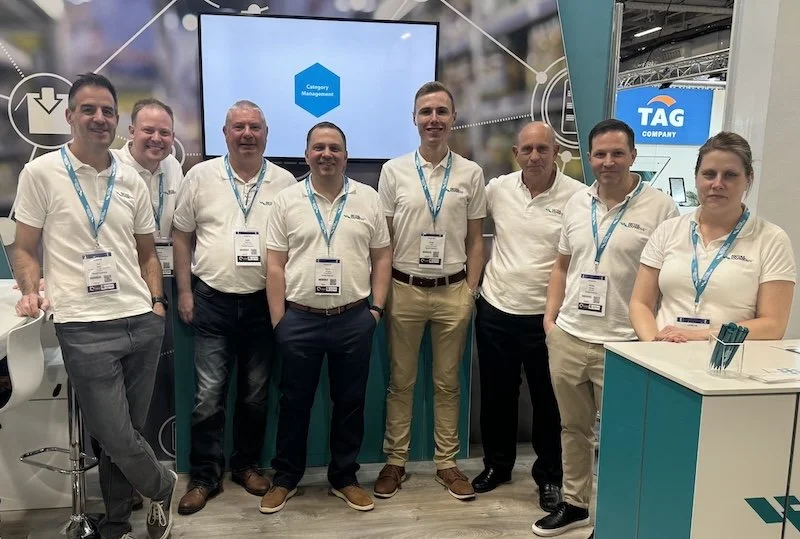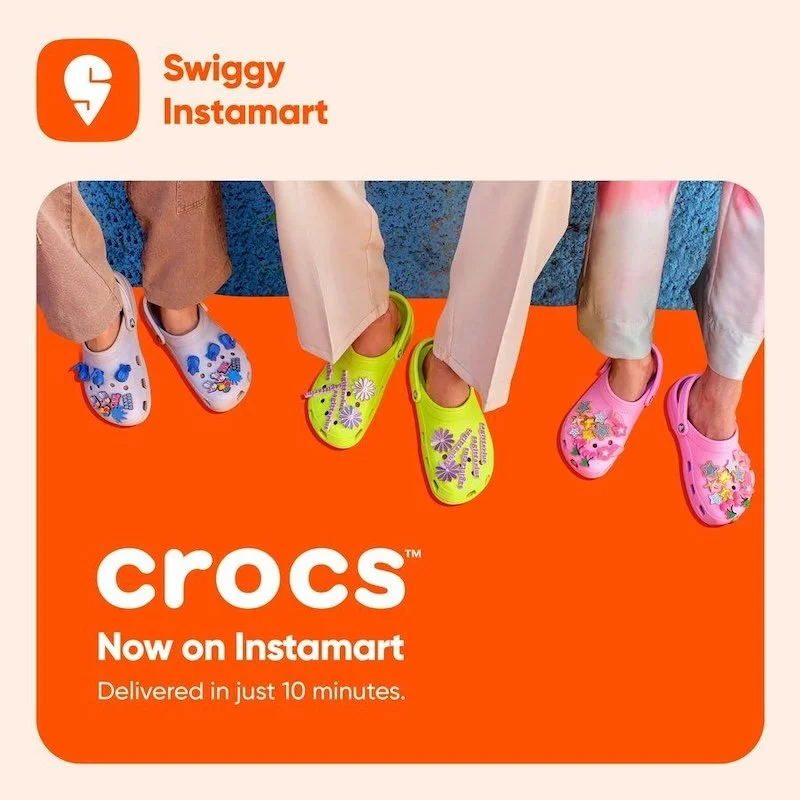Retail specific HR software: key features to look for in 2025
Working in retail means dealing with constant change. Employees come and go, schedules shift frequently, and seasonal rushes bring waves of new hires. To navigate this effectively, retail managers need specialised tools, particularly HR software designed specifically for the retail sector.
Retail specific HR solutions tackles your daily challenges directly. It serves as the backbone of efficient retail management, transforming daily complexities into manageable processes. And when operations run smoothly, your team stays motivated, and labor law compliance becomes second nature.
However, not all retail HR software offers the essential features needed for modern operations, and as the retail landscape continues to evolve, your HR tools must evolve with it. So, what attributes should you prioritize in 2025? Read on.
Key Features
An HR software for retailers that is equipped with the right features can help you manage the people of your store more efficiently. Here’s what it should have:
Time Off Tracking Tools
Your employees must take time off from work, too. So, you’ll need a platform that allows them to request leaves and you to approve them. And when you have team members out of the office, you also have to track who’s available and who’s not.
Modern time-off tracking tools streamline this process through features that create flexible, conflict-free schedules:
Real-Time Availability: Managers can instantly check employee availability, making approving or denying time-off requests easier.
Automated Notifications: Sends alerts about overlapping requests to prevent double-booking shifts.
Attendance Integration: This feature monitors patterns in absenteeism, helping you anticipate and resolve potential staffing gaps.
With these capabilities in HR management software designed for the retail industry, you can manage time-off requests efficiently while keeping your store adequately staffed. You no longer have to worry about uncovered shifts. An effective tool also lets you customise leave categories, so there’s no confusion between who’s on parental leave or sick leave.
Recruitment and Onboarding
Recruiting new staff members is a reality for all businesses. And hiring quickly without sacrificing quality is a priority in retail, especially during peak seasons.
Retail-specific HR software simplifies recruitment and onboarding with:
User-Friendly Application Portals: Simplified applications encourage more candidates to complete the process.
AI Driven Screening: Automated tools help sort applicants by qualifications, saving you from manually reviewing every resume.
Onboarding Checklists: Step-by-step guides ensure new hires complete paperwork and required training on time.
An AI powered hiring tool can help you move candidates through the hiring process faster, reducing vacancies and improving team readiness. You can also customize the hiring steps to ease the process and encourage new applicants to go for an interview.
With such a tool, you can also create effective job ads matching your business’ tone and brand. In fact, 65% of HR professionals used AI to generate job descriptions. (1)
Integrations
Seamless integrations are crucial for reducing manual data entry and ensuring that all systems communicate effectively. Connecting your HR software with calendar tools like Google Calendar, for instance, makes syncing schedules and employee training events easy. Everything updates in real-time, reducing the chances of scheduling conflicts.
When your attendance tracking feeds right into payroll, everyone gets paid correctly the first time, too. Connecting with your inventory management system and other retail tools also creates a smoother workflow across your entire operation.
Mobile Access
Mobile access to HR tools is necessary for retail managers and employees who are constantly on the move or working on the sales floor. It empowers managers to approve schedules, handle time-off requests, and communicate with staff from virtually anywhere, thus enabling effective remote management.
Research also shows mobile apps for HR management increase employee engagement as well as employee experience and satisfaction. For one, employees benefit from this approach; through a dedicated mobile app, they can easily view their schedules, update personal information, and request leave. Notifications about schedule changes or important announcements also keep everyone informed, fostering transparency.
This increased employee motivation proves essential for achieving company goals, as engaged team members consistently deliver the customer satisfaction and loyalty that drive retail success. (2)
Analytics
To optimise your retail workforce, you need to leverage data. Retail HR software provides valuable insights into staffing trends through detailed analytics of employee attendance, performance, and turnover. Recent forecasts suggest that turnover rates will be 50–75% higher compared to before. These performance metrics can be helpful when evaluating the effectiveness of your training programmes and recruitment strategies. (3)
Predictive analytics can also help you manage staffing needs based on historical sales data and seasonal trends. This enables you to make better decisions that enhance productivity and address potential staffing challenges before they arise. With the right analytics, you’re not just reacting but strategically guiding your workforce toward success.
These five features are the most ideal for retail businesses in 2025. High-quality software from a reputable provider will have these and likely more to help you manage HR administrative tasks better. Utilising the latest technology also aids retail sector companies in surviving the current landscape.
Free vs. Paid Options
What’s next after identifying the right features in retail-specific HR software? Time to explore whether a free or paid solution fits your needs better. Either choice has pros and cons.
Free Software
Pros:
Ideal for small retailers or startups with limited budgets.
Basic features meet simple HR needs.
Cons:
Limited functionality and scalability may slow down growing businesses.
Minimal customer support and infrequent updates could leave gaps in service.
Paid Software
Pros:
Comprehensive features specifically designed for retail environments.
Dedicated customer support and regular updates keep your tools current.
Cons:
Higher upfront costs might be difficult for smaller operations.
Advanced tools could require training to use effectively.
Consider your current needs and long-term goals when deciding between free and paid options. Most vendors allow you to test drive their software through demos; take them up on these trial offers to see how the platform handles your daily needs.
Conclusion
Retail-specific HR software is essential for managing today’s dynamic retail environment. With the right platform, you can overcome common retail challenges while boosting efficiency.
As you explore new software solutions, evaluate your current processes against the features this post has discussed. Testing tools through hands-on trials can also guide you toward a confident investment in technology that aligns perfectly with your business needs.
References
“Use of artificial intelligence (AI) in recruiting, interviewing, and hiring according to Human Resources (HR) professionals in the United States in 2024”, Source: https://www.statista.com/statistics/1535364/hr-use-of-ai-in-recruiting-us/
“Employee satisfaction and motivation of retail store employees”, Source: https://www.researchgate.net/publication/360549870_Employee_satisfaction_and_motivation_of_retail_store_employees
“It’s Time to Reimagine Employee Retention,” Source: https://hbr.org/2022/07/its-time-to-reimagine-employee-retention
































Continue reading…